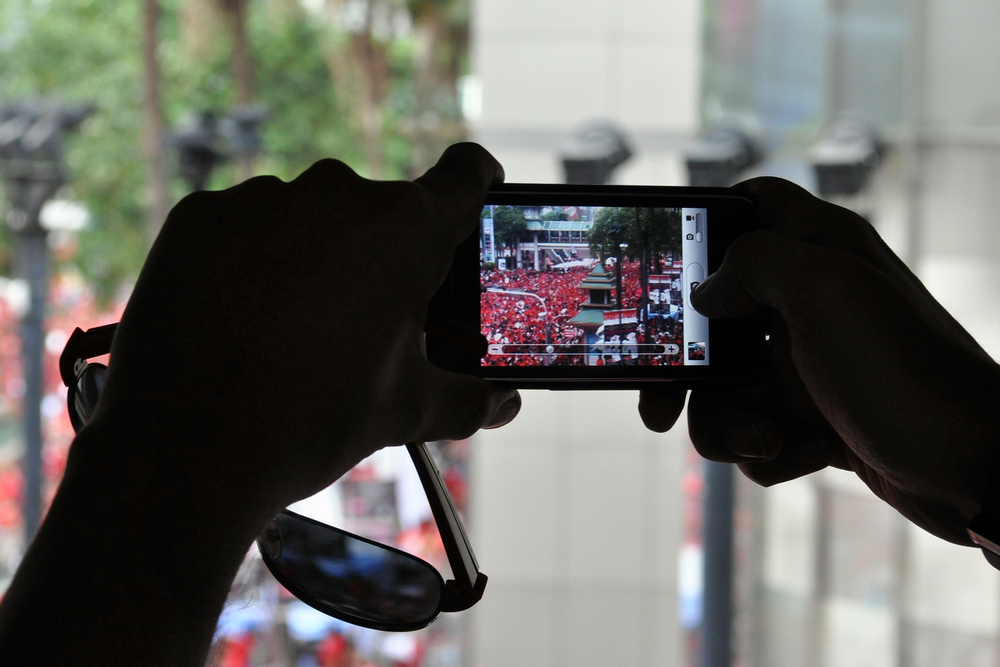Is Your Cell Phone Killing People in Congo?

Eastern Congo has been overrun with armed groups since the Rwandan genocide in 1994. Their ongoing war has killed more than 5 million people and caused millions more to suffer, as non-combatants have been displaced, impoverished, press-ganged, infected with diseases, mutilated and/or raped.
These armies pay for their weapons and supplies in large part by selling Congo’s natural resources in territories that they control. You may have heard of “conflict diamonds” in that context.
But Congo is also rich in cassiterite, gold, columbite-tantalite (better known as coltan) and wolframite (a source of tungsten). Because they control many mines, the armed bands of Congo (including its national army) are selling those minerals to pay for their arms and supplies.
Demand is strong: all those ores are needed to make cellphones, music players, game consoles, laptops, hearing aids and other portable electronics. (Tantalum, for instance, which is one of the elements in coltan, is used to make tiny, reliable capacitors, because it’s very good for holding an electrical charge.)
So, in another example of the dark underbelly of our supposedly clean information-based economy, you could, by purchasing an mp3 player, be the last stop in a supply chain that begins with a mine in central Africa, run by thugs and worked by their captives.
This, presumably, you would prefer not to be. Nor do you need to put yourself into a not-difficult moral quandary that pits faster 3G downloads against the murder of innocents: All these minerals are mined elsewhere besides eastern Congo. Moreover, if the trade was brought under control, more of these minerals might come from legitimate mines in that country (a goal all parties should hope for, as Congo may have as much as 80 percent of the world’s known reserves of coltan).
If companies like Sony and Apple and Amazon were obligated to keep track of where their products’ raw materials were mined — and disclose that to the public — they’d likely make sure they weren’t using “conflict minerals.”(And neither I nor the companies are saying that they do; judging by this, manufacturers would prefer not to discuss the matter in public.) We’d still have our gadgets here in the rich world, but our purchases would be far less likely to help support the Congo belligerents.
And there is now a bill in the U.S. Senate — the Congo Conflict Minerals Act — to require just that kind of tracking and disclosure. Here’s a good summary of all the reasons it should become law.





